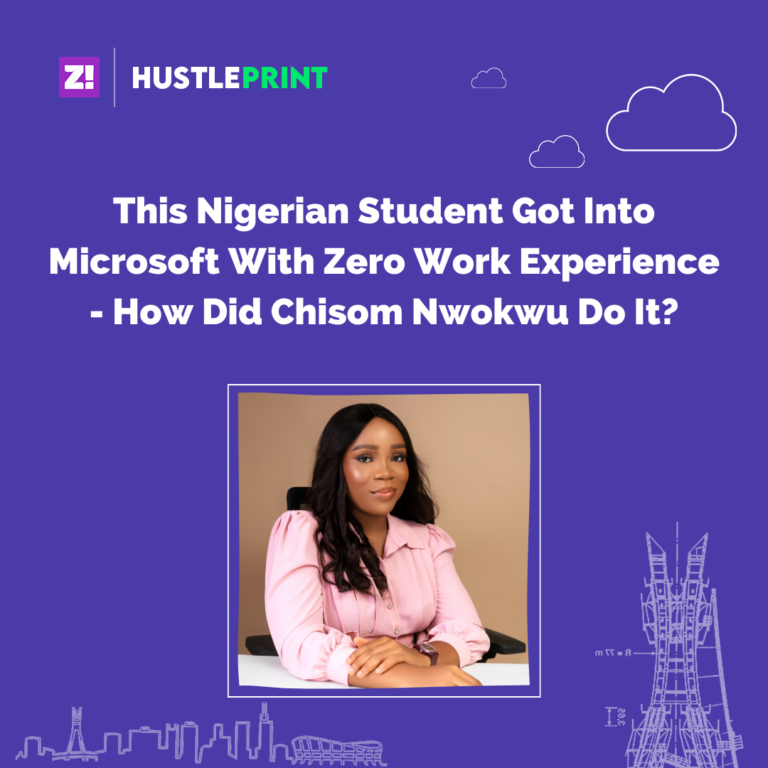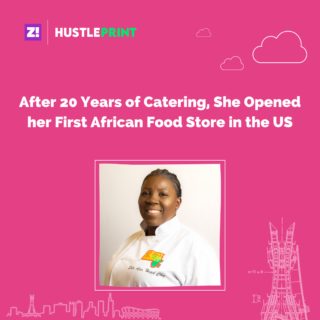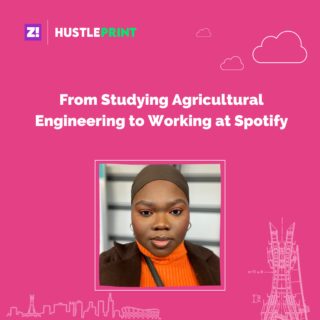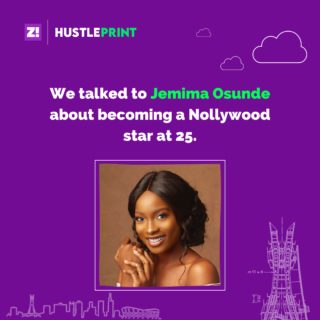Recently, I was interviewing a lady for an article when I asked them to share memories about her childhood. She asked if I had any siblings and I blurted out, “No!” like I’d erased my brother from existence. It took a few minutes to remember and explain that my brother had Down syndrome and we didn’t have a “normal” brother-sister relationship.
That’s the part we don’t talk about often: how siblings that will always be caregivers to people living with special needs feel about that reality. But that has been my life for 20 years.
When I was three years old, my mum came home with my newborn baby brother. I can’t remember what I thought at the time, or the unending questions I may have asked, but as the years went by, I wondered why I still felt like an only child.
“She asked if I had any siblings and I blurted out, “No!” like I’d erased my brother from existence.“
At two years old, he still hadn’t learnt to walk. He never laughed at the cartoons I loved to watch or acted the way I saw my cousins around his age behaved with their siblings. Whenever we visited them, I’d join in laughing, playing about and pushing each other while we ran around the house. But when I went back home, I would be engulfed in silence all over again.
I didn’t understand what was different about my brother, but I also didn’t think to ask. Later on, a man started coming over almost every day to massage his joints. I asked my mum why, but I didn’t understand what she meant when she said he had Down syndrome. But I was excited at the thought that when he could finally walk, we’d get to do everything I did with our cousins. Yet, nothing really changed after he started walking, months after he turned two.
RELATED: 5 Nigerians Tell Us What It Is Like Living With a Disability in Nigeria
My mother decided it would be best for my brother to be in school. It was 2004, and there weren’t special needs schools in Lagos for kids like my brother. A regular school was better than having him sit at home alone. But going to school together meant I had to be responsible for him at all times.
While the kids at my school ran around with their friends during break time, I had to be in my brother’s class making sure he was alright. “He is your responsibility,” my mum would say. I didn’t understand what she meant because I was only five years old, but her stern expression at the school gate every morning didn’t leave any room for questions. On the days my brother came outside to play, I was still plagued by the image of my mother reminding me to watch him. I couldn’t focus on my friends or our games. I hung around watching out for anyone that might want to bully him on the swings or slides. He couldn’t speak clearly or do much on his own, so I had to be there for him.
“I was sad that I couldn’t share my life with him, and he couldn’t explain how he felt about not being understood by anyone.”
At first, I didn’t dislike the responsibility I’d been given. But as the first child, the expectation to always be present for someone else eventually weighed me down. Everyone talked about how lucky I was to have only one sibling because it would be cheaper for my parents to take care of us. “Ahn ahn, your parents were smart to have only two kids oh,” they’d say. All I felt was resentment.
In primary three, my parents started to fight themselves and there was no one at home to talk to. At three years old, my brother had started to say a few things, but they weren’t real words. He’d call me “Pa” when attempting to say “Tega”, my name. He stumbled over words and we couldn’t have a real conversation. I was sad that I couldn’t share my life with him, and he couldn’t explain how he felt about not being understood by anyone. I yearned to come home and crack jokes with him about the annoying boys in my class, and I would have loved to hear about the girls he may have liked.
I was angry that I didn’t have any other siblings to share anything with. I hated myself for feeling angry because It wasn’t his fault. I just wanted to talk to someone about everything I felt.
RELATED:
Mrs Osun, my primary four school teacher, was the first person to listen to me and offer comfort. I have no idea where she is now, but I can still picture her in her burgundy suit and odd-looking wig. She made me feel seen. I don’t remember how it happened, but one morning I cried to her about the nights I couldn’t sleep because my parents had been fighting. In primary five, I met another thoughtful teacher, Mrs Adegoke. At home, I had to be strong — or at least pretend everything was fine. But with these women, I felt safe, heard and understood.
“No one ever explained beyond the fact that it was a genetic disability caused by an extra chromosome. But what did it really mean for me?”
I idolised those women and wished they were my mothers at the time. My mother always warned me to never talk about what was going on at home, but that weight was too heavy to carry alone at just six years old. I couldn’t talk to my cousins because their biggest arguments were things like Ben10 and whose father had the biggest house. They weren’t going to understand anything about my life — they still don’t.
As I got older, the weight on my shoulders grew heavier. I didn’t have my primary school teachers to talk to anymore. I was going to be on my own for most of my life, trying to make sense of what it meant to be a sister to a brother with Down syndrome. No one ever explained beyond the fact that it was a genetic disability caused by an extra chromosome. But what did it really mean for me?
RELATED: “I’ll Always Have Cerebral Palsy, Stop Asking Me if I’m Cured”
As a teenager, having a brother with special needs meant explaining to friends why my brother had to come along with me to every hangout. It meant explaining to my first boyfriend why my brother was different. It also meant realising that my future kids may never have first cousins of their own. I tried to figure out ways to “fix” my brother, to make him… normal. First, I dreamed of becoming a medical doctor so I could cure him right after secondary school. But at the time, I didn’t understand what a genetic disability meant and ironically, I hated biology, so that career path was out of the question.
Next, I wanted to be a mechanical engineer and build a machine to could interpret his words. That also didn’t happen because I failed further maths in my West African Senior School Certificate Examination (WASSCE).
I desperately wanted to have a brother that didn’t need my assistance. I wanted a real relationship with him. Like the ones I watched my cousins have, or what I saw my friends experience with their siblings. The banter, insults, inside jokes, Facetime calls. But above all, I wanted to be free.
I hated myself for the thought, but I was tired of being responsible. I wanted someone that could relate to my reality, but I didn’t know any kids with siblings like mine. I was alone.
“Don’t get me wrong; my brother is my best friend, but when does the cycle of parading as a superhero end?“
When my mum’s hope started to dwindle, she became convinced that I’d be the solution. She constantly reminded me that I represented my brother in everything I did. “In anything you do, it’s two people you’re standing for,“ she’d say. When I was picking out a career, I had to think about how I’d make money for two. When I was considering moving away from home after university, I had to think about how it would affect him. Don’t get me wrong; my brother is my best friend, but when does the cycle of parading as a superhero end?
However, I’ve accepted that it may never end. My brother is now in a special needs school in Abuja, but even that doesn’t mean there’s much hope for him in Nigeria. Where are the jobs for people with Down syndrome? Where are the facilities or infrastructure to help if he ever gets lost and can’t remember his name or his way home? My brother is 20 now and we’re not sure about what’s next for him. I’m 23 and I’ve come to terms with the reality that if I don’t define my life around him, no one else will. No one else will think about how he can experience the beauty of life. But I’ve also accepted that I need to live my life before I can be valuable to him, or else my love may slowly turn to resentment.
Many people connect to the reality of being firstborns, but when you’re a sibling to someone with special needs, the responsibility you have is also laced with guilt — the guilt that you’d be happier if you were an only child. I’ve never said it out loud. I’ll never be able to say it in real life, but it’s easier to write it down. I love my brother, but on some days I wish it were just me. I think it would make more sense because I already feel alone. My only comfort is knowing that he didn’t have a choice either. And in another life? I might choose him all over again.
ALSO READ: The Resilient #NairaLife of a Person Living With a Disability




